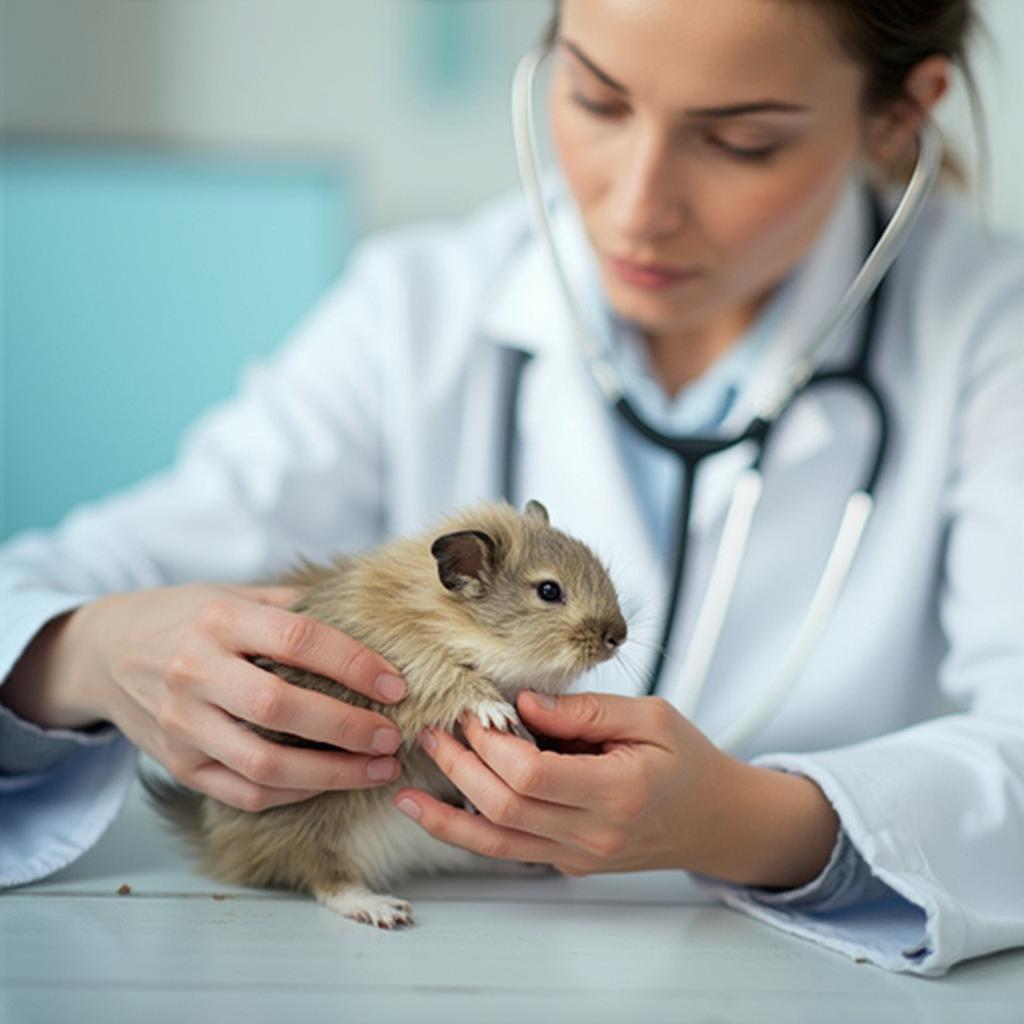Your cart is currently empty!

Essential Small Animal Care Tips
Small Animal Care Tips encompass a broad range of advice for keeping our furry, feathered, or scaled companions happy and healthy. From choosing the right habitat to providing proper nutrition and enrichment, responsible pet ownership requires understanding your pet’s unique needs. This guide will explore crucial aspects of small animal care, equipping you with the knowledge to provide the best possible life for your little friend.
Housing Your Small Animal: Creating a Comfortable Home
The first step in responsible small animal care is providing suitable housing. Whether you’re caring for a rabbit, hamster, guinea pig, or bird, their enclosure needs to cater to their specific requirements. Consider the animal’s size, activity level, and natural behaviors when selecting a cage or habitat. Adequate space is vital for exercise and preventing stress.
Cage Essentials for a Happy Pet
Every small animal needs a clean, safe, and stimulating environment. Key elements of a good cage include:
- Appropriate substrate: Use bedding that absorbs waste and allows for burrowing or nesting behaviors.
- Food and water dishes: Choose sturdy, easily cleanable dishes. Fresh water should always be available.
- Hideouts: Provide a safe space where your pet can retreat and feel secure.
- Enrichment items: Toys, tunnels, and climbing structures keep your pet mentally and physically stimulated.
Nutrition: Feeding Your Small Friend Right
Proper nutrition is paramount for small animal care. A balanced diet helps prevent illness, promotes healthy growth, and contributes to a longer lifespan. Dietary needs vary significantly between species, so research your pet’s specific requirements. For example, guinea pigs need a constant supply of hay, while hamsters require a seed-based mix supplemented with fresh vegetables. Always consult a veterinarian or reputable breeder for dietary advice.
Understanding Your Pet’s Dietary Needs
- Species-specific diets: Different species have vastly different digestive systems and nutritional needs.
- Fresh food: Incorporate fresh fruits and vegetables where appropriate.
- High-quality pellets: Choose pellets specifically formulated for your pet’s species.
- Avoid sugary treats: These can lead to obesity and other health problems.
Health and Hygiene: Keeping Your Pet in Top Condition
Regular health checks are crucial for small animal care. Learn to recognize signs of illness in your pet, such as changes in appetite, lethargy, or unusual droppings. Early detection and treatment can significantly improve outcomes. Maintain a clean environment to prevent the spread of disease and parasites.
Spotting Health Issues Early
- Regular vet checkups: Establish a relationship with a veterinarian experienced in small animal care.
- Observe behavior changes: Be aware of any deviations from your pet’s normal behavior.
- Quarantine new pets: Introduce new animals gradually to prevent the spread of illness.
 Regular Health Checkups for Small Animals
Regular Health Checkups for Small Animals
Enrichment and Interaction: Stimulating Your Small Companion
Just like larger animals, small pets need mental and physical stimulation. Provide toys, opportunities for exploration, and regular interaction to keep them happy and engaged. Remember to handle your pet gently and respectfully, and always supervise children during interactions. Creating a stimulating environment is vital for their overall well-being.
Dr. Emily Carter, a renowned small animal veterinarian, emphasizes the importance of enrichment: “Providing a stimulating environment is just as crucial as providing food and water. It keeps their minds sharp and prevents boredom, which can lead to behavioral problems.”
Conclusion: Providing the Best Care for Your Small Animal
Small animal care requires dedication and a commitment to understanding your pet’s individual needs. By providing appropriate housing, nutrition, healthcare, and enrichment, you can ensure your small companion lives a long, healthy, and fulfilling life. Remember, responsible pet ownership involves staying informed and adapting your care to meet your pet’s evolving needs. Small animal care tips are constantly evolving, so stay up-to-date with the latest research and recommendations to ensure your pet thrives.
FAQ
-
What are the most common small pets? Common small pets include hamsters, guinea pigs, rabbits, ferrets, and various bird species.
-
How often should I clean my small pet’s cage? Cleaning frequency depends on the animal and cage size. Spot cleaning should be done daily, while full cage cleanings should occur weekly or bi-weekly.
-
What should I do if my small pet gets sick? Consult a veterinarian immediately if your pet shows any signs of illness.
-
Can small animals be housed together? Some species thrive in groups, while others prefer solitary living. Research your pet’s social needs before introducing another animal.
-
How can I make my small pet’s environment more stimulating? Provide a variety of toys, tunnels, hiding places, and opportunities for climbing and exploration.
You can find more helpful tips for specific small animals on our website. For instance, learn more about baby ferret care tips, basic rat care tips, or even unusual self care tips that might inspire you to create a relaxing environment for both you and your pet. Also, consider exploring organic lawn care tips if you plan to let your pet enjoy some outdoor time. Planning a trip? Check out our tips for car rental in ireland.
For further assistance, please contact us via WhatsApp: +1(641)206-8880, Email: [email protected] or visit our office at 456 Pine Avenue, Toronto, ON M5V 2J4, Canada. We have a 24/7 customer support team.

Leave a Reply